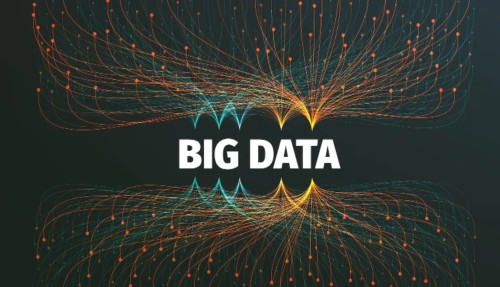Big data is a term used to describe the massive amount of data that is collected and analysed by organisations. The surge in quantity, velocity, and variety of data makes it difficult for traditional methods of data processing to handle. In other words, it’s too large, fast-moving, and complex to manage by traditional methods.
Big data usually consists of both structured and unstructured data. Structured data is data that is stored in a traditional database and can be easily queried. Unstructured data, however, is data that is not stored in a database and is much more difficult to query and analyse. Examples of unstructured data include emails, text messages, audio files, social media posts, web logs, and so on.
Why is Big Data Important?
Big data is important because it provides organizations with insights into their customers, operations, and processes that weren’t previously available. By using advanced analytics tools such as machine learning, predictive modeling, and AI, organizations can quickly gain valuable insights from their data and make smarter decisions.
This has enabled organizations to personalize services, optimize operations and processes, and identify new opportunities. Additionally, big data is being used to improve customer service, detect fraudulent activity, and monitor public sentiment.
How is Big Data Used?
Big data is used in a variety of ways. Organisations use big data to measure, analyse, and predict consumer behaviour, industry trends, and market dynamics. This allows them to develop better solutions for their customers, better understand their markets, and make more informed decisions faster.
Big data is also used to improve decision-making in areas such as marketing, operations, and product development. By analysing consumer behaviours, organisations can tailor their products and services to better meet their customers’ needs.
Conclusion
Big data has drastically changed the way organisations operate. By collecting and analysing immense amounts of data, organisations can gain valuable insights, create new opportunities, and boost efficiency. Additionally, big data has allowed organisations to develop personalised services, detect fraud, and measure public sentiment. As big data continues to evolve, its use and importance are expected to increase even more.




